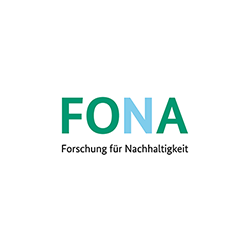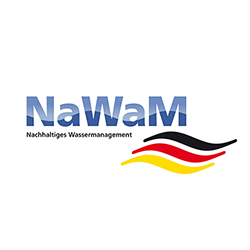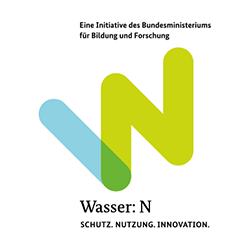Recycling of industrial process brines
Background:
In many industrial processes considerable amounts of waste water are produced, which contain high concentrations of inert salts (brines). The discharge of high salt loads into surface water is a major burden on the ecosystem, especially when such rivers or reservoirs are used for the production of drinking water. Therefore efforts are needed to reduce the salt load. Against this backdrop, the industry believes that there is a need to carry out research and to develop new, environmentally friendly and economically viable processes for the purification and desalination of purified concentrated salt solutions or the salts contained therein.
Aims:
If the project is successfully completed, a demonstration plant will be set up to recycle actual NaCl wastewater streams generated by Covestro in plastics production. This plant will be designed to purify a wastewater flow of approx. 20 m³ per day, concentrate it and then provide it for chlor-alkali electrolysis. Long-term experimental data will be collected, with which an economic and ecological assessment of the developed process steps as well as their transferability to other brine types can be completed.
The project partners involved have excellent know-how in the field of water treatment.
Focus of the work:
This project deals with the recovery of the salt (NaCl) contained in industrial wastewater streams and its recycling as a raw material into chlorine-alkali electrolysis as well as the further processing of the resulting water. The project comprises the following steps:
- Development of trace substance analytical methods for highly saline solutions
- Purification of brines by appropriate adsorptive and electrochemical processes
- Concentration of the saline solutions by means of innovative and environmentally friendly processes (e.g. using waste heat at a low energy level)
- Evaluation of utilization possibilities of the purified and concentrated wastewater streams obtained in chlor-alkali electrolysis
12/2019: Results and perspectives for practice



